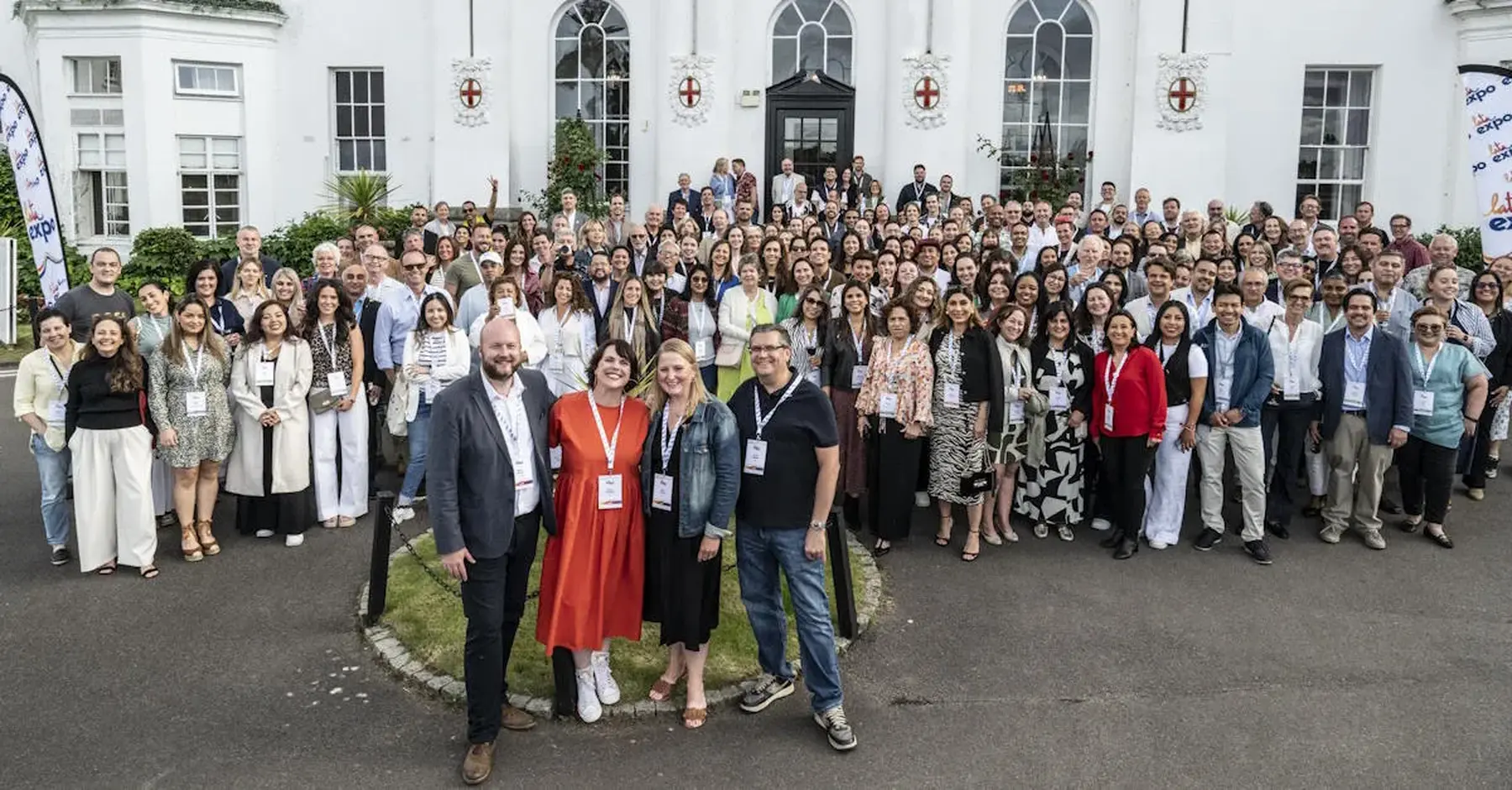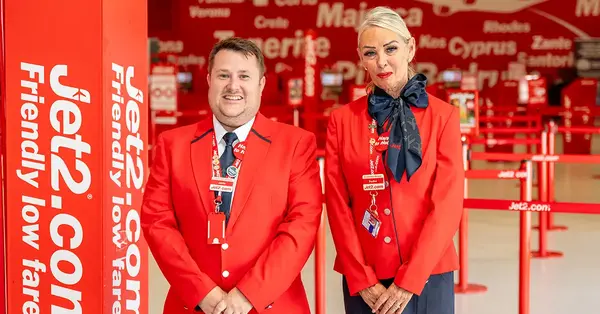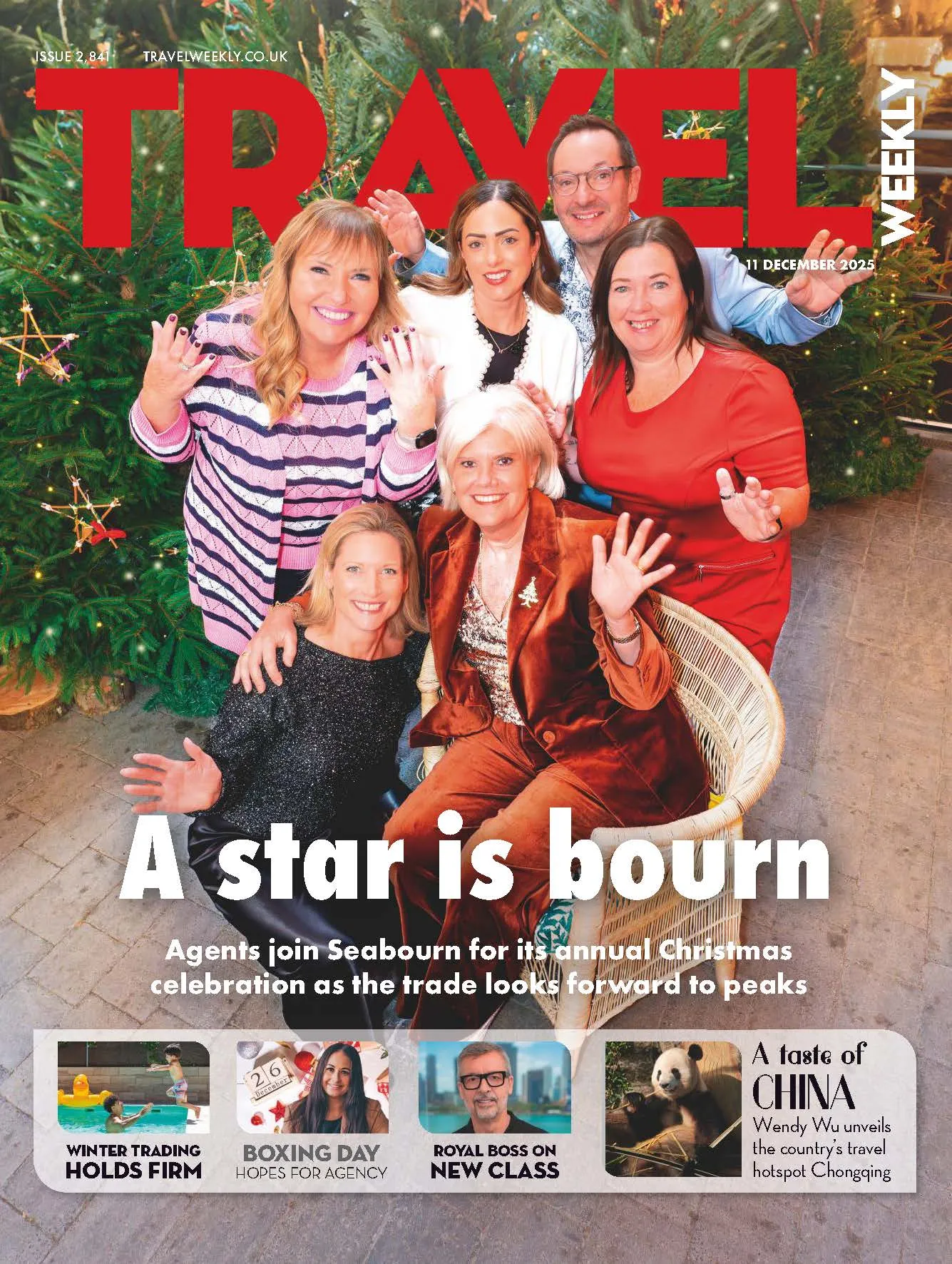You are viewing 1 of your 2 free articles
Attraction Tickets questions accuracy of AI-generated travel recommendations
Attraction Tickets has questioned the accuracy of artificial intelligence’s travel advice following a data study held up as strengthening the case for using travel professionals.
The research claimed AI recommendations were based on outdated regional stereotypes about holidaymakers’ budgets.
The study pointed to flaws in AI-powered travel recommendations, suggesting tools such as ChatGPT and Google Gemini make misleading and bias-based assumptions about where UK families can afford to go on holiday and restricting their holiday choices.
It compared Google Gemini recommendations with Attraction Tickets’ own real-time internal booking data to find correlations between where AI thinks Brits should travel and where they are actually booking trips.
The AI recommendations covered 35 UK cities, focusing on the most affordable holiday destination for a typical family of four based on the tool’s assessment of likely affordability.
According to Attraction Tickets, AI made wrong assumptions for 57% of the UK cities in the study, with the technology capping the travel affordability of consumers in 20 of the 35 cities, assuming they could only afford staycations.
There was a clear bias in the AI results against consumers living in northern and coastal UK cities, Attraction Tickets said, as they were deemed unable to afford overseas holidays.
The biggest bias was against Manchester, Chester, Durham, York and Sheffield but the study also noted a bias against cities where the UK Royal Navy is based, including Portsmouth and Plymouth.
In contrast, 30% of the cities where AI deemed people could not afford to go abroad featured in the top 50% of Attraction Tickets’ affordability ranking for holidays.
In one example, the study showed people in Glasgow and Manchester were assumed by AI to have a low to moderate chance of booking overseas holidays. They were more likely to holiday in the Lake District and could not afford to travel to destinations such as Walt Disney World Resort in Florida, it said.
Attraction Tickets’ own internal data showed Glasgow and Manchester were in the top five cities for booking overseas holidays, coming second and fourth respectively.
Marketing director Chris Bradshaw said he was surprised by how “strikingly inaccurate” the AI results were and said they failed to take into account holidaymakers’ determination to make dream holidays happen and how much travel professionals can help to make trips possible through their expertise and knowledge.
He said: “This study really highlights why human travel professionals remain so important.
“AI can offer quick suggestions, but it doesn’t understand the priorities or planning that go into making a dream holiday happen for each individual person or family.
“A good travel professional will listen to your ambitions and help tailor trips based on your real-life experiences and the reality of what families want and can achieve, not assumptions made by algorithms based on public data.
“While AI may seem like an affordable alternative, it’s not going to give you the best unbiased service. AI doesn’t account for human determination because no matter where we’re located, many families will save, plan and find ways to make their dream trips a reality.”
He added the company’s trade sales team Do Something Different worked daily with travel agents to help them to find the right holidays for their clients.
“So much thought and care goes into planning and booking a holiday, and nothing can compare to the personal experiences and thoughtful recommendations that come with booking with a human travel professional. We would never want AI biases to hinder that experience for people, as this study has clearly shown they can,” he said.
Travel Weekly approached Google for comment.


















